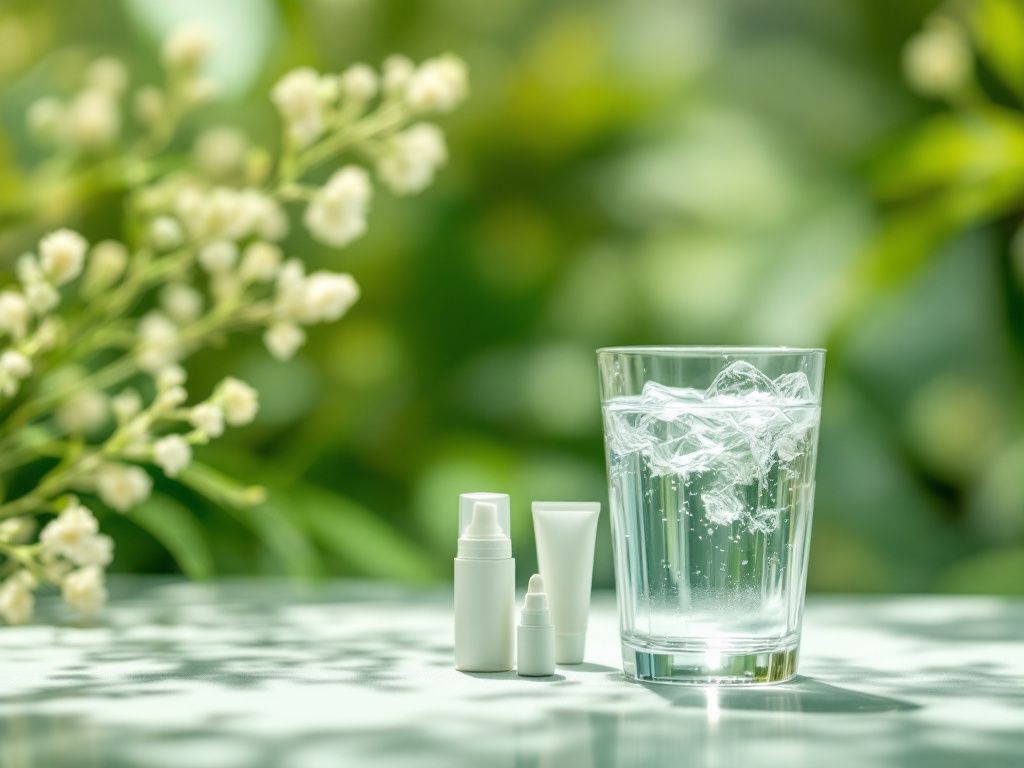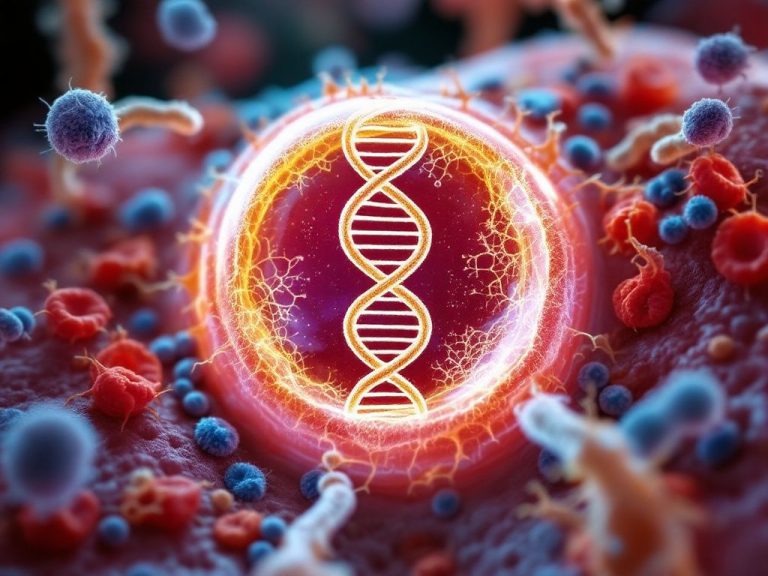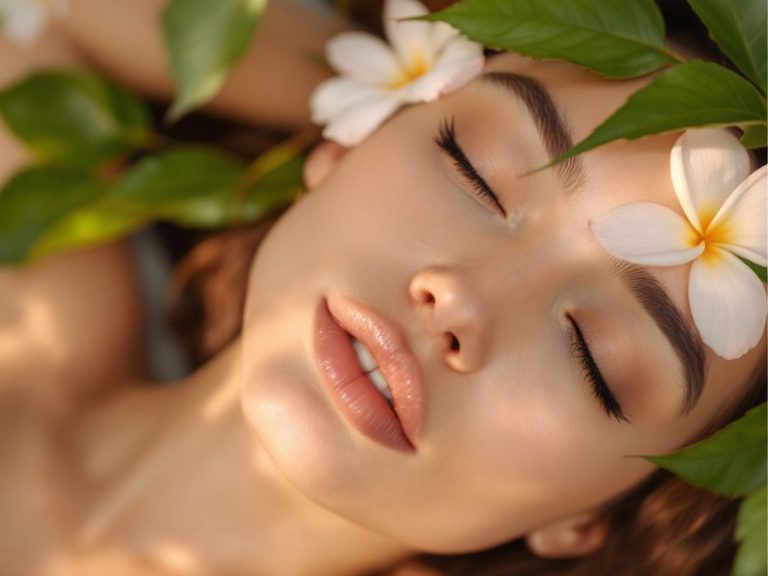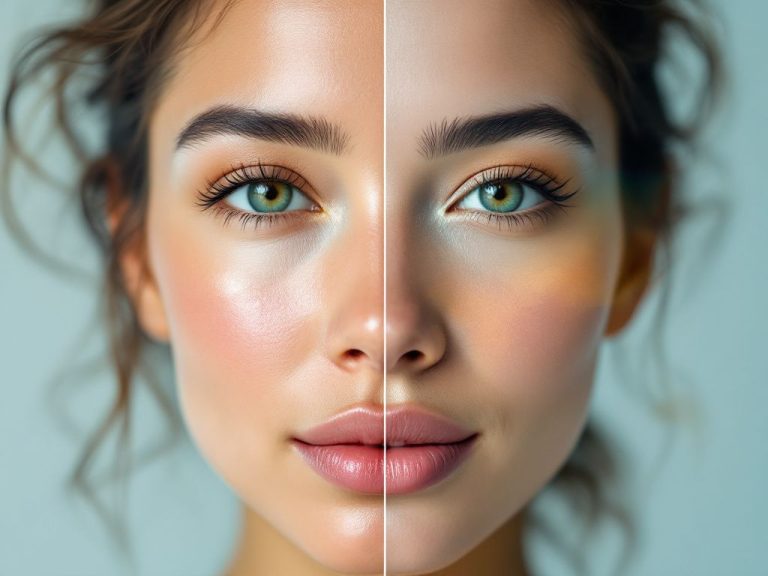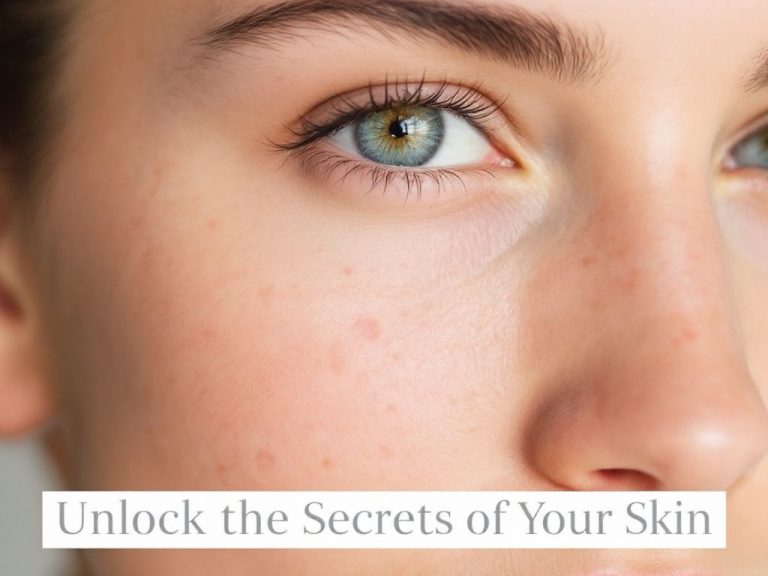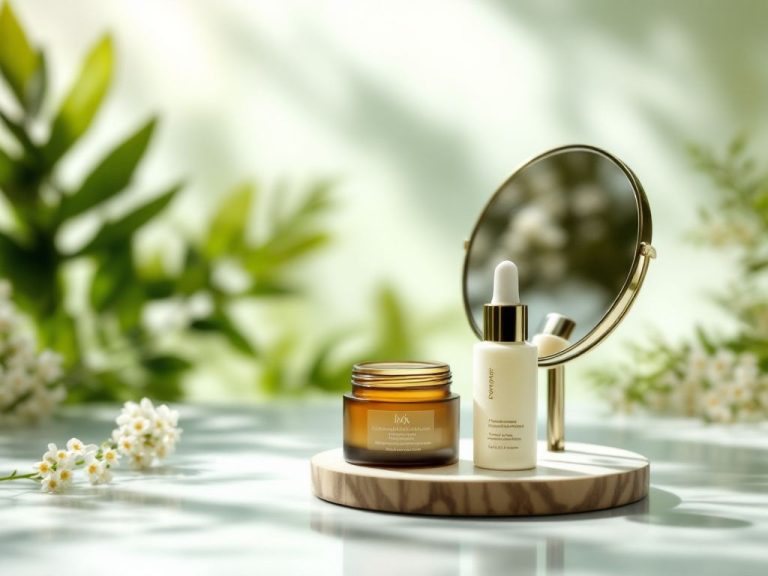Hey there, skin warriors! If you’ve ever thought, “Ugh, acne is bad enough, but why is it mixed with dryness?” then you’re in the right place. Trust me, struggling with dry acne is like trying to solve a jigsaw puzzle when some pieces are from a different set. Strange, right? So, let’s break this down, chat style, and get cozy with understanding what the heck is going on with our skin when dry acne shows up uninvited.
Table of Contents
ToggleWhat Exactly is Dry Acne?
First things first—dry acne sounds like a paradox, doesn’t it? Usually, we think of acne as an ailment of oily skin. Pores clogged with sebum, leading to those classic, annoying breakouts. So, then dry acne comes strolling in, totally contradicting that narrative. It’s like oil-free issues meet the lot knocked. So, here’s what’s up: dry acne occurs when your skin’s moisture balance is off, causing irritation and inflammation, which in turn invites acne to the party. It’s like our skin’s little siren is screaming, “SOS! Double trouble alert!”
How Dry Acne Steals the Show
Picture this: your skin naturally seals in moisture with a protective outer layer. This is essential as it helps fend off environmental aggressors, like pollution and batty weather changes. But sometimes, whether due to harsh skincare products, environmental factors, or just your skin’s natural tendencies (thanks, genes), this balance gets wrecked. We end up having skin that’s both craving hydration yet, frankly, rebelling with breakouts. So annoying, right?
The dehydration leads to sensitivity and inflammation and, voilà, acne appears. It’s important to understand that traditional acne treatments, which usually focus on zapping oil, might not be ideal here. That’s the Catch-22; strip moisture to fight acne, and the cycle just continues!
Key Takeaways on Getting to Know Dry Acne
- It’s All About Balance: Moisture balance isn’t just a buzzword. It’s crucial. When the skin’s barrier is compromised, acne finds ways through irritation.
- What Works Might Worsen: Standard acne solutions could worsen dry skin. Find harmony—a Goldilocks strategy of not-too-dry, not-too-oily.
- Listen to Your Skin’s Needs: If your current routine leaves skin taut or flaky, it’s time to refine your approach.
Decoding the Causes of Dry Acne

Ever wonder why your skin decides it’s time for a change, albeit unfriendly? Let’s chat about some suspects on our skin’s usual “Causes List”:
Culprits in the Dry Acne Dilemma
- Overuse of Harsh Products: Yeah, sometimes less is more. Over-exfoliating or slathering strong products can destroy the skin’s protective barrier. Cue dry, upset skin.
- Weather and Environmental Factors: Windy, chilly days can strip moisture faster than you can say “hydration.” Central heating isn’t a saint either—it sucks the life (moisture) out of everything.
- Medications: Certain meds, especially those targeted at acne, like retinoids or benzoyl peroxide, dry the skin to impressive extents.
- Hormonal Changes: Oh, hormones, those little mischief-makers. They play around with oil production, and suddenly, you’re battling a skin identity crisis.
- 5. **Dehydration: Not just a diet problem, more like “stop the world, I’m thirsty!” Both your skin and body need hydration. If you’re not drinking enough water, it can show.
Takeaway Tune
- Give your skin a break from harsh treatments—occasionally relax those skin routines… get snug!
- Remember to drink more water than you think you need. Trust me on this one.
Crafting a Balanced Skincare Routine

Listen, good skincare for beating dry acne doesn’t have to be a twelve-step K-beauty marathon (unless you love that, you do you). Finding what suits your skin is what’s vital. Keep it simple, effective, and most importantly, about maintaining moisture while fighting acne.
Building Your Routine Block-by-Block
**1. Gentle Cleansing** You need to start with a gentle cleanser—look for sulfate-free options. These guys cleanse away dirt without stripping precious oils. Think of it as pampering for your dry skin.
**2. Hydration Station** Slide into your skincare with a hydrating toner or essence. Look for ingredients like glycerin or hyaluronic acid. These keep your skin smiling because they’re moisture magnets.
**3. Moisturizer Magic** Here’s where we lock and load—using a moisturizer that understandingly comforts your dry skin. Pick one that’s lightweight yet hydrating. Ceramides and squalane are classy favorites here because they’re intensely nourishing.
**4. Sunscreen, Always** Never skip this step, even on cloudy days—protect your skin barrier like it’s gold. Go for a broad-spectrum sunscreen, moisturizing if possible, to complete the routine.
Extra Steps: Spot Treatment Without Overkill
For those extra stubborn spots, a spot treatment isn’t a one-size-fits-all ordeal. Use targeted products with salicylic acid or sulfur at night. But ease into it.
Missteps to Nod Ahead On
Okay, a crucial part of any conversation is knowing what unwise steps to avoid. Here’s the “don’t do it” trope:

- Avoid Alcohol… In Products: It can dry skin intensely. Go non-alcohol when possible.
- Minimize Exfoliation: Though it sounds proactive, excessive scrubbing is more like an active sandpaper DIY. Once a week is healthy enough.
- Don’t Skip Moisturizer Even on Oily Days: Remember the golden rule—moisturized skin isn’t enemy terrain for acne. Neglect, on the other hand, ushers heck in pursuit.
Experience Talks: Staying Loyal to the Process
Getting your skin acclimated to any new routine takes around a month—if someone’s telling you it’s instant, they’re likely fibbing. Healing dry acne is more marathon than sprint.
- Patience Loving: Give any new regime time. Your bestie is consistency; don’t swap products impulsively.
- Journaling Changes: Little tweaks matter, like noting down what worked or didn’t for the skin. Because doing skincare is akin to dating your skin; sometimes you need to be your own detective.
Embracing Skin Positivity
Here’s a warm hug for you—not every day will be a walk in the park, but remember, everyone battles skin issues. Yeah, growing a positive skin relationship takes time, yet celebrate each little triumph, tiny glow-ups, and reduced redness!
And there we go! Yup, dry acne hates being defined, but if you’ve traveled this guide, then you’re equipped to tackle it more comfortably. Keep going and tweak the skincare bits and bobs until they personally sing for you. Here’s to moisture, clearer skin, and welcome opportunities to beautifully understand what your skin communicates. Stay shiny, the real glow from the inside out truly lasts. Until our next skin catch-up, take gentle care!
Frequently Asked Questions
Can Dry Skin Cause Acne?
Dry skin can contribute to acne breakouts. When the skin lacks moisture, it may produce more sebum to compensate, leading to a buildup of excess oil, dead skin cells, and bacteria in the pores, which can trigger acne[1][3][5>.
How Should I Treat Dry Skin and Acne Together?
To treat dry skin and acne, use a gentle, non-comedogenic cleanser, avoid over-cleansing or over-exfoliating, and apply an oil-free, non-comedogenic moisturizer to help retain moisture without clogging pores. Avoid harsh products containing alcohol, dyes, or fragrances. For acne treatments, use products like benzoyl peroxide or salicylic acid carefully to avoid exacerbating dryness[1][3][5>.
What Home Remedies Can Help With Dry Skin and Acne?
Home remedies such as using lukewarm water for cleansing, pat-drying the skin instead of rubbing, and using a humidifier to add moisture to the air can help. Additionally, applying tea tree oil, jojoba oil, aloe vera, or honey may reduce acne and soothe dry skin[3][5>.
When Should I Consult a Dermatologist for Dry Skin and Acne?
If home remedies and over-the-counter treatments do not improve your dry skin and acne, it is advisable to consult a dermatologist. They can determine the underlying cause of your dryness and acne, and prescribe stronger medications if necessary[1][3][5>.
References- CeraVe. Dry Skin and Acne: Common Causes and Treatments.
- Medical News Today. Dry skin and acne: Treatments and home remedies.
- Healthline. Dry Skin and Acne: Causes, Treatments, Home Remedies, and More.

